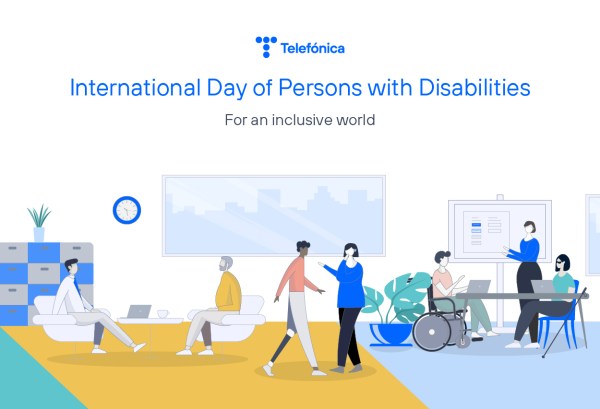Differences between soft skills and hard skills
The latter are technical and job-specific skills, while soft skills are interpersonal and social skills that help with effective interaction with other people.
According to the New Business School, the hard and soft skills of an entrepreneur are like that high quality expected of a good Michelin-starred restaurant. Together they make a business stand out, be solid, prosperous and never stop growing. On the one hand, soft skills could be that unique personality that distinguishes avant-garde cuisine. On the other hand, hard skills refer to those techniques that great chefs teach in their schools. What do you think of this metaphor they propose?
Types of soft skills and characteristics
Leadership
It is not only top managers who need leadership skills; any employee can benefit from helping and guiding others. To achieve leadership, it is necessary to take the initiative, and to know how to lead and motivate. A good leader manages tasks and identifies the strengths of his or her team, and exploits and rewards them.
Communication
This is the ability to communicate ideas and thoughts clearly and effectively. It is also very important in any work environment as communication includes both verbal and written skills, and above all the ability to actively listen to others. The key to effective communication enables collaboration and reduces misunderstandings, improves productivity and creates a good working environment.
Adaptability
The ability to adjust to new circumstances, accept change and learn new skills quickly is critical to career success. Employees who are better able to adapt to situations and projects are those who are generally better able to handle uncertainties and moments of crisis.
Teamwork
The way you work with other people is very important, especially in projects that require the collaboration of different areas or departments. Teamwork makes it necessary to be able to take on different roles as needed, and to contribute to the success of the group. This skill creates a positive working environment and often leads to more innovative solutions.
Problem solving
The ability to identify, analyse and solve problems is a critical skill in the business world. The way problems are solved and managed not only minimises time and resources, but also increases the ability to create. As a general rule, employees who are able to solve problems are the best at tackling difficult challenges effectively.
Empathy
Empathy generally enhances leadership and team management skills, as it facilitates understanding and support for other colleagues. Empathy involves understanding the feelings of others. In the workplace, this can lead to better working relationships and a better company culture.
Reasons why they are essential for business
Improve creativity
Problem solving and teamwork create an environment in which innovative ideas are more conducive. Employees who feel confident expressing their ideas and working together are more likely to come up with creative solutions that are important to business.
Improved productivity
Communication and teamwork skills can effectively increase productivity. When employees can express themselves and collaborate without being vetted, projects tend to come out better and have a higher standard of quality.
Helps retain talent
A positive work environment, where soft skills such as empathy and leadership are valued, can increase job satisfaction and reduce employee turnover to other areas. Employees who feel understood and supported are more likely to stay with the company and perform well.
Tools to find your own soft skills
According to The Tools Method by Phil Stutz and Barry Michels there are 5 tools for each of us to find our own soft skills. Through a clear and accessible language, the authors guide us with exercises and reflections to enhance our soft skills.
In the essay “The value of attention” by Johann Hari we can discover how to regain the ability to concentrate in a world full of distractions and fundamental to be able to develop in a complex work environment.
According to the book by Fernando Soledad and Jorge Espino, Development of soft skills: a practical method, soft skills understand the importance they have to generate positive impacts in the workplace. Assertiveness, teamwork, leadership and optimism are some of the most sought-after soft skills because of the accessibility they create within the organisational environment.
Every employee has the ability to acquire and develop these skills. Methods such as training, courses and case studies are used to develop them. Within the book you will find a new methodology that complements the previous resources, concretising the learning acquired.
Conclusions
In summary, soft skills are fundamental in today’s business environment. They facilitate communication, foster teamwork, promote adaptability and problem solving, and help create a positive corporate culture. Soft skills are not only additional to hard skills; they are actually fundamental to the sustained success of any company.









